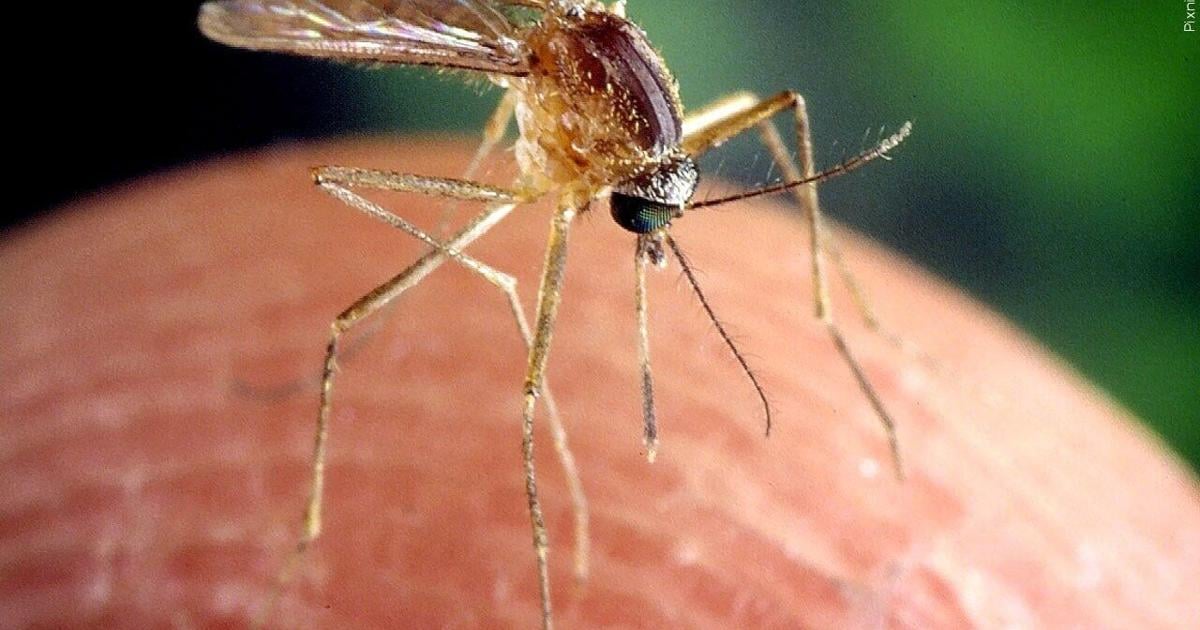The increasing incidence of mosquito-borne encephalitis in certain regions of Massachusetts has raised public health concerns among residents and health officials alike. Encephalitis, an inflammation of the brain often caused by viral infections transmitted through mosquito bites, can lead to severe neurological complications. In recent years, towns such as West Nile and Eastern Equine Encephalitis (EEE) have reported heightened activity, necessitating a thorough examination of the environmental factors contributing to this public health threat.
One primary factor influencing the prevalence of mosquito-borne diseases is climate change. Warmer temperatures can extend the breeding season for mosquitoes, allowing populations to flourish and increasing their potential for disease transmission. Additionally, changes in precipitation patterns can create ideal habitats for mosquito larvae, further exacerbating the risk of outbreaks. In Massachusetts, these climatic shifts have been linked to an uptick in reported cases of EEE and West Nile virus, prompting local health departments to implement preventive measures.
They’re concerned about eastern equine encephalitis. State health officials announced last week a man in his 80s had caught the disease, the first human case found in Massachusetts since 2020.
The town of Plymouth, about 40 miles (64 kilometres) southeast of Boston, announced Friday that it's closing public outdoor recreation facilities from dusk until dawn each day after a horse in the town was infected with the disease.
Meanwhile, state health officials warned that a cluster of four towns south of Worcester — Douglas, Oxford, Sutton and Webster — are at “critical risk” after a man from Oxford caught the virus.
On August 16, the state reported its first human case of EEE of the year and the first since 2020 after a man in his 80s was exposed in Worcester County, prompting health officials to raise the risk level of the disease in nearby communities, the public health department said in a news release.
“EEE is a rare but serious disease and a public health concern,” Massachusetts public health commissioner Robbie Goldstein said in the release. “We want to remind residents of the need to protect themselves from mosquito bites, especially in areas of the state where we are seeing EEE activity.”
Around 30% of people infected with EEE die and many who survive infection live with ongoing neurological problems, according to the Centers for Disease Control and Prevention.
According to the Centers for Disease Control and Prevention (CDC), EEE symptoms include fever, headache, vomiting, diarrhea, seizures, behavioral changes, and drowsiness. Many people who survive the illness suffer from ongoing neurological problems.
There are no vaccines to prevent EEE or medicines to treat it, according to the CDC.
In addition to the four towns at critical risk, six are considered “high risk” for EEE: Uxbridge, Northbridge, Carver, Dudley, Middleborough, and Plymouth.
Read more
Kuala Lumpur pavement swallowed a tourist from India Montana State stuns New Mexico 35-31Sarah H
Also on site :
- Gemini converts Google Docs to podcasts
- Jonathan Ross opens up about why he decided to quit alcohol
- Bottling your essence: Meghan Markle and the death of self-help speak

